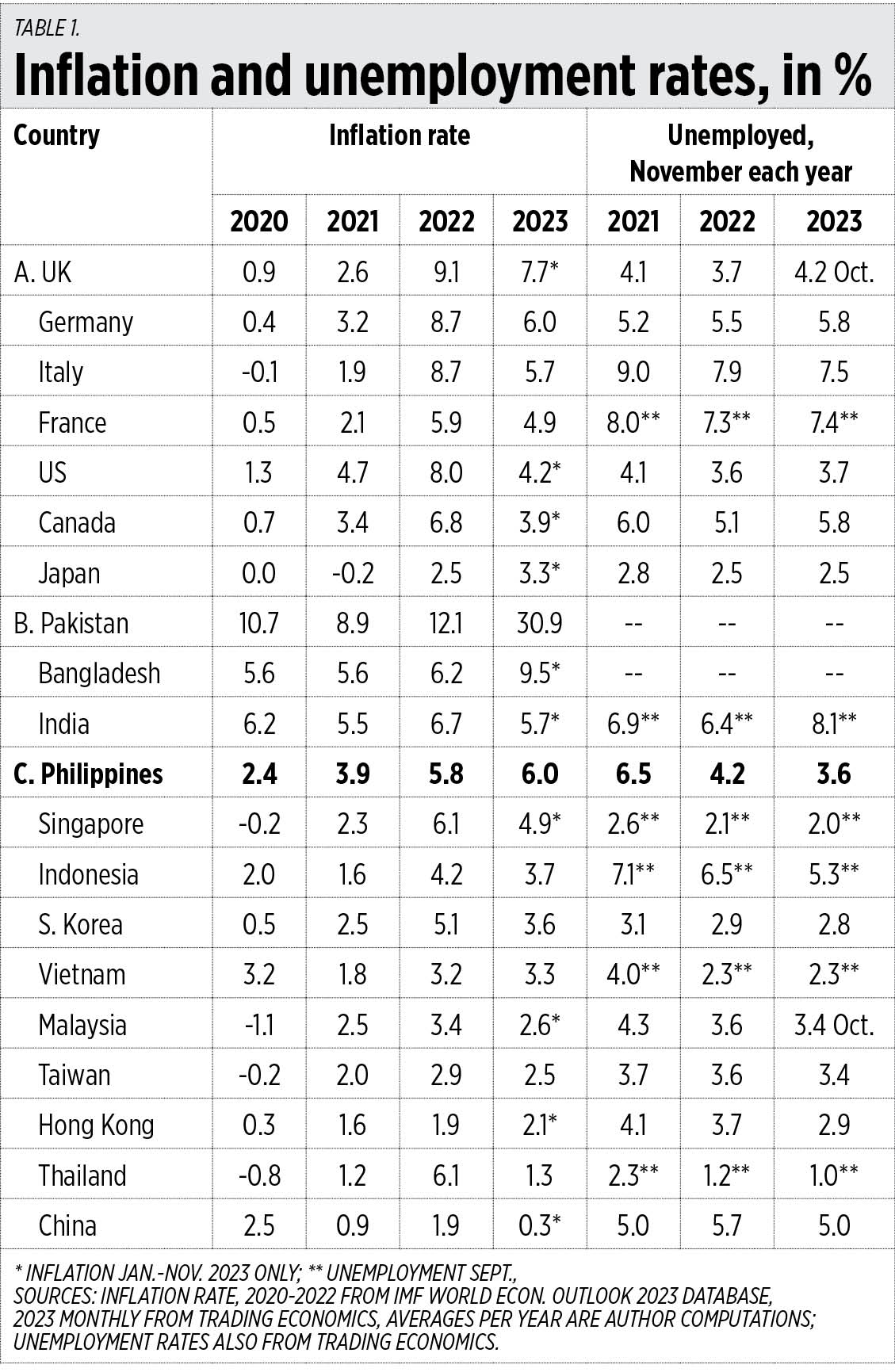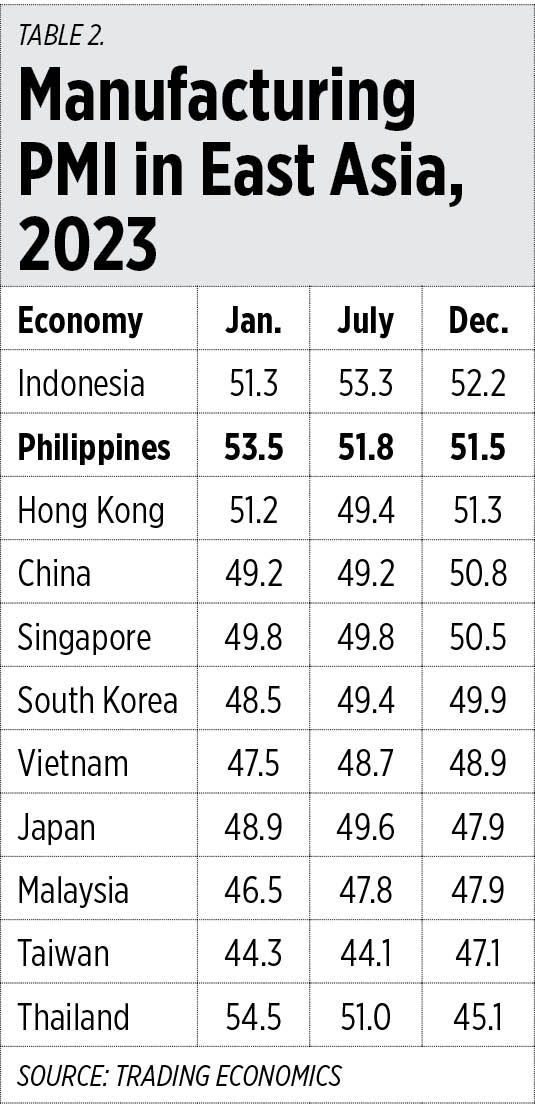
My Cup Of Liberty
By Bienvenido S. Oplas, Jr.
(Part 5 of a series)
HONG KONG — Last time I was here was in 2017 when I attended two international free market events. Yesterday, when our plane from Manila landed at the Hong Kong International Airport (HKIA), I was surprised at the huge number of cranes, heavy construction machines, and piles of soil both left and right of the runway.
After a quick search of the web, I learned that HKIA is constructing a third runway, 3.8 kilometers long, with the reclamation of 650 hectares of land. It will build 57 new gates, and expand capacity by another 30 million passengers by 2030. The project is huge, and such construction activities must have contributed to Hong Kong’s further lowering of its unemployment rate.
Also yesterday, the Philippine Statistics Authority (PSA) released the Philippines’ employment data for November 2023. It showed that our unemployment rate was down to only 3.6%, the lowest since 2005. And last Friday, the PSA also announced our inflation rate further declined to 3.9% in November. See these reports in BusinessWorld, “Inflation further eases to 3.9% in December” (Jan. 5), “Inflation likely to remain within BSP’s 2-4 target range for most of 2024” (Jan. 8), “BOI eyes up to P1.5 trillion investments in 2024” (Jan. 8), and, “Nov. jobless rate falls to 18-year low” (Jan. 10).

Here is an update of this column’s monthly monitoring of global and regional inflation and unemployment data. In Group A are the G7 industrial countries, in group B are the big South Asian economies, and in group C are the big East Asian economies. The Philippines had the highest inflation rate in 2023 among its neighbors in East Asia, and comparable to inflation in Italy and Germany, and lower than the UK, Pakistan and Bangladesh.
When it comes to unemployment rates for November 2023, the Philippines is third highest in East Asia next to Indonesia and China — but the Philippines also had the biggest improvement among the countries covered, with the biggest percent point decline compared to the November 2021 unemployment rates (see Table 1).
The Philippines’ working age population is increasing but the number of unemployed is decreasing, from 2.18 million in November 2022 to only 1.83 million in November 2023.
Budget Secretary Amenah Pangandaman, a member of the Inter-Agency Committee on Inflation and Market Outlook (IAC-IMO), was correct to point out that “Focused public spending on productivity-enhancing programs is bearing fruit. The high GDP growth of 5.6% average for Q1-Q3 of 2023, third highest among the top 40 largest economies in the world this year, is creating more jobs and businesses. Our inflation is on a declining trend and we see it below 4% this year as government projects on rural infrastructure and agriculture modernization keeps the growth momentum.”
Aside from high growth, declining inflation, and declining unemployment, there is another good thing going for the Philippines — a score in the high manufacturing Purchasing Managers’ Index (PMI). The PMI is an index of economic trends in the manufacturing and service sectors and indicates whether business conditions are expanding, staying the same, or contracting as viewed by purchasing managers.

The Philippines’ PMI had been above 50 in 2023, the second highest after Indonesia in East Asia. Surprisingly, Vietnam, Malaysia, and Thailand’s PMIs were below 50 last year along with rich Asian countries like South Korea, Taiwan, and Japan (see Table 2).
One good piece of legislation that was recently enacted was the Ease of Paying Taxes (EOPT) Act, RA 11976 signed by President Ferdinand R. Marcos, Jr. on Jan. 5. It aims to modernize the Philippines’ tax administration, minimize the burden on taxpayers and strengthen their rights, reduce documentary requirements, digitalize payment, reduce the number of pages in income tax returns from four to two. And the government is expected to increase revenue mobilization.
I wish to see the Philippines continue its fast growth, aim for 6%-8% yearly growth sustained for a decade or more, and create more businesses, jobs, and other economic opportunities for Filipinos and foreigners doing business here.
See also the previous articles of this series: “Stabilizing growth with low inflation, low unemployment rates, and more PPP investments” (Dec. 12, 2023), “Stabilizing growth via peace and order and free trade” (Dec. 5, 2023), and “Stabilizing growth of the fastest growing major economy in the world” (Nov. 14, 2023).